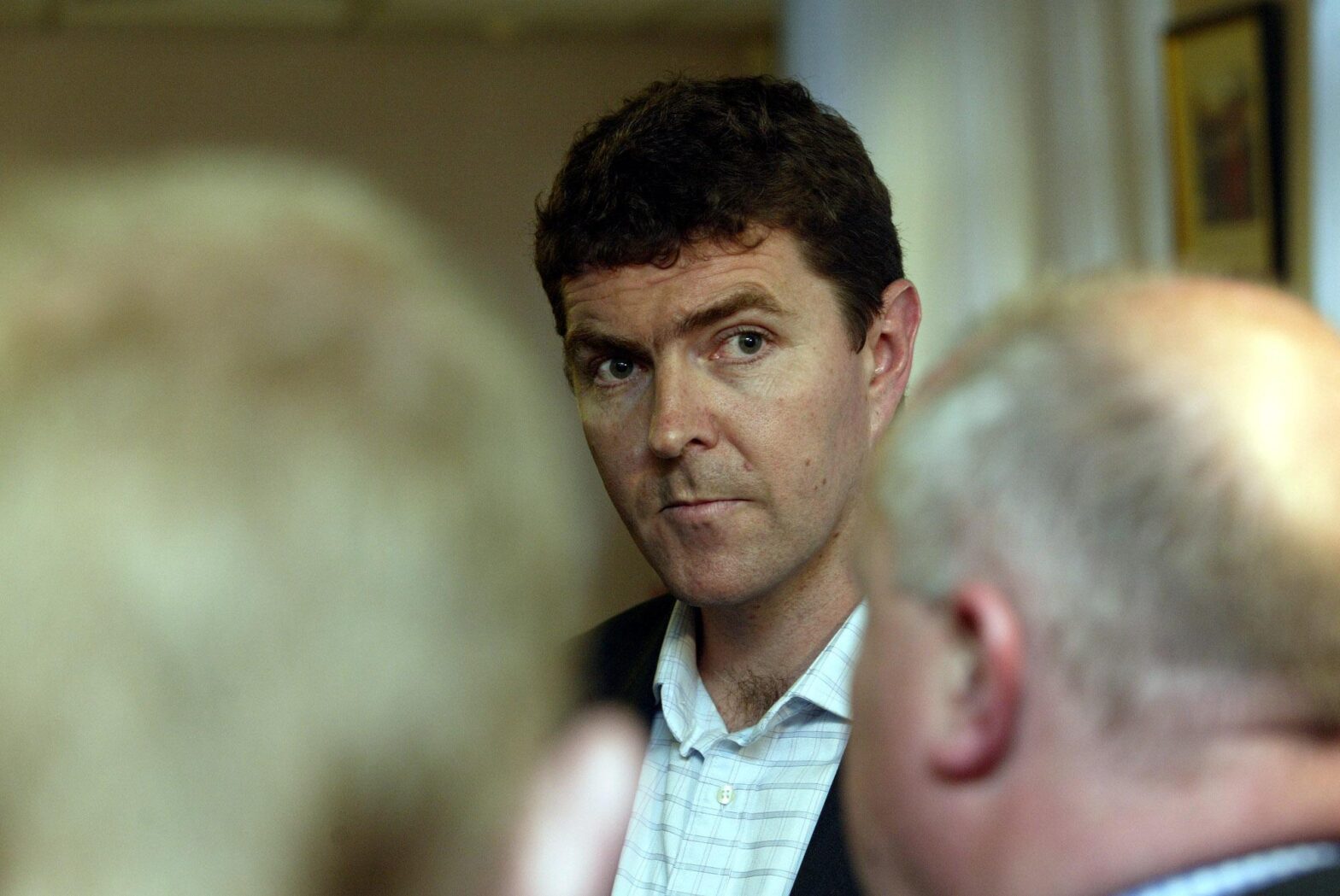A THIRD national officer departed the Fire Brigades Union (FBU) with a secret pay-off and non-disclosure agreement after complaining of mistreatment, this blog can reveal. And, just as happened in the two other cases, the full facts surrounding the payment and gagging clause were not provided to the union’s ruling executive council by senior officials – an omission that has prompted one of that body’s former members to now declare that he was “lied to”.
Furthermore, in a move that will almost certainly be ruled unlawful, the union’s leadership is refusing to allow a member to exercise his legal right to inspect accounting records detailing the sum of the payment made to the individual.
This revelation concerning former employee John McGhee marks the latest chapter in the FBU’s ongoing “hush money” scandal – which centres on the discovery that a string of union employees received confidential payouts and were issued with gagging orders after complaining of mistreatment – and comes just weeks after this blog detailed how McGhee’s fellow national officers Sean Starbuck and Paul Woolstenholmes received payments totalling £160,000 as part of private settlement agreements with the union. Both Starbuck and Woolstenholmes had alleged mistreatment by the general secretary, Matt Wrack, and in neither case were the full details of the pay-offs and gagging clauses provided to the executive council.
McGhee was elected as a national officer in 2001 and served the union in that capacity until his employment ended in 2017. He was one of the FBU’s most high-profile figures during that time. But what many members and officials of the union will not know is that, during his period in office, McGhee had also made a formal complaint alleging mistreatment by Wrack.
McGhee’s complaint led to an investigation by the-then vice-president of the union, Jim Barbour. It is believed that no formal action was taken against Wrack following the investigation.
After receiving information from a reliable source suggesting that McGhee was paid off, a member of the Campaign for a Democratic FBU steering committee wrote to the union’s head office requesting to inspect accounting records containing details of any payment made to McGhee as part of a settlement agreement. Under legislation – specifically section 30(1) of the Trade Union and Labour Relations (Consolidation) Act 1992 – all members of trade unions have an express right to inspect the accounting records of their union, and all unions are obliged to facilitate a request within 28 days.
In reply to the member, the union’s leadership admitted that McGhee received a termination payment as part of a confidential settlement agreement. However, they went on to say that the member’s request to inspect the accounting records would be denied on the grounds that McGhee had not consented to disclosure of the payment and therefore his “right to privacy” must be respected.
This is, of course, a thoroughly unworthy and legally-flawed defence. Not only does it show complete contempt for the principles of democratic accountability and transparency – whose money is it anyway? – but it also demonstrates a flagrant disregard for the law. One doesn’t need to be a lawyer to understand that the express rights on access to information that trade union members enjoy under legislation cannot simply be set aside just because senior officials of the union have agreed between themselves to keep certain information under wraps. That isn’t how the law works.
Moreover, given that as recently as last year the trade union watchdog (known as the “certification officer”) rejected the same “right to privacy” defence by the FBU leadership when considering a separate complaint over a refusal to grant access to the accounting records, we can only assume that the leadership is consciously breaching the law and knows full well that there is zero chance that such a defence will succeed second time around.
What we are witnessing therefore is a quite desperate and cynical attempt by leaders of the FBU to avoid – for as long as possible, at least – being forced to cough up information that they don’t want members to have.
The failure by the leadership to provide full details of the terms and circumstances of McGhee’s departure to the ruling executive council will cause further alarm among members and officials of the union. Speaking to this blog, one former official who served on the executive council (EC) in the period leading up to McGhee’s departure from the union said, “I feel I have been lied to by the union’s senior officials. The EC were told very loosely that John [McGhee] wanted out, and that discussions were taking place in the background over a possible early retirement. But we were assured that this would not result in any additional financial cost to the union. There is no way I would have supported this if I’d known John’s departure was also linked to a termination payment. I can categorically state that the EC were not informed of details of the termination payment or non-disclosure agreement. Neither were we told that John had lodged a complaint against the general secretary during his period of his employment. That puts an entirely new complexion on his departure, and I feel deeply misled.”
The failure by the leadership to provide the full facts to the executive council appears to represent a clear breach of rule C3(6) of the union’s rule book, which states that the executive council shall have full power and authority “to determine the salaries of all the full-time employees of the union and to administer arrangements for pension, retirement and kindred benefits for these employees”.
This blog can confirm that a complaint has been submitted to the certification officer over the leadership’s refusal to grant access to the accounting records detailing the termination payment made to John McGhee. We will continue to follow and report developments.

